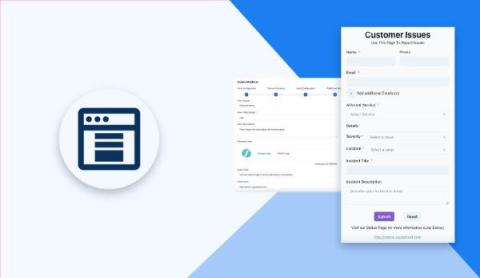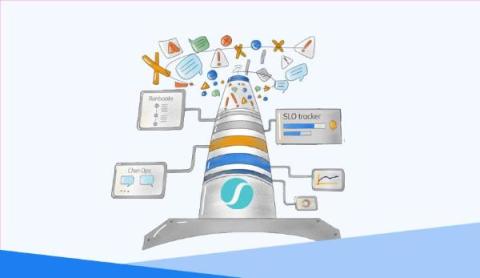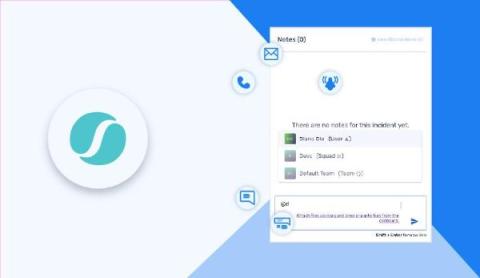Improving Customer Support with Squadcast Webforms: A Smart Solution for MSPs
Managed Service Providers (MSPs) handle a multitude of customer support cases, each requiring efficient routing to the right team member. Squadcast's Webforms provide a solution to expedite issue reporting and streamline resolution. In this blog, we will explore how MSPs can leverage webforms to enhance the customer support experience.









